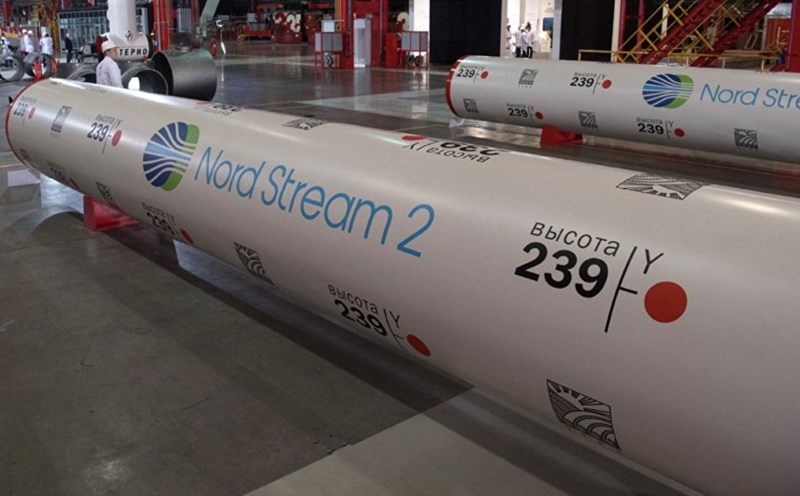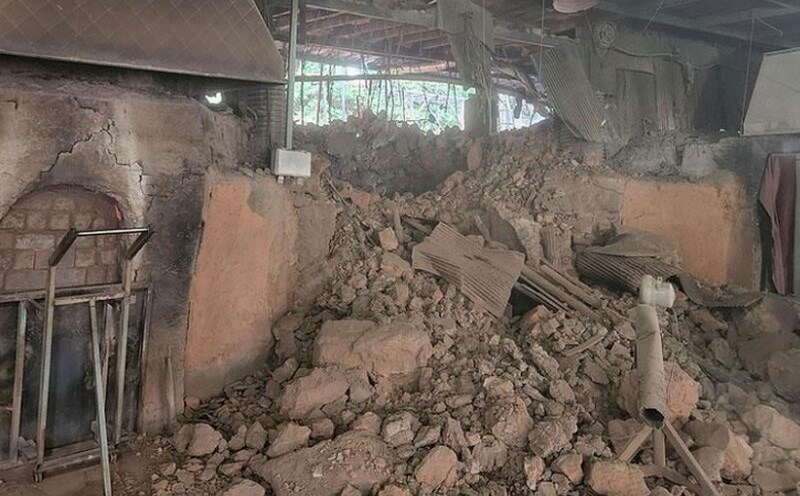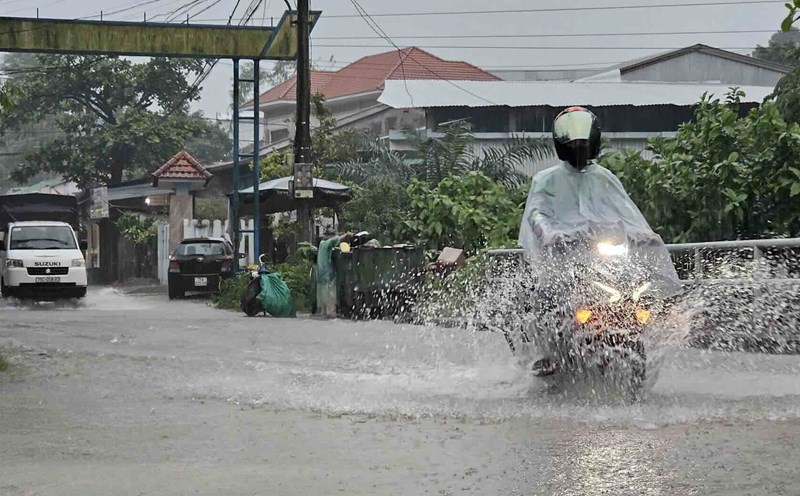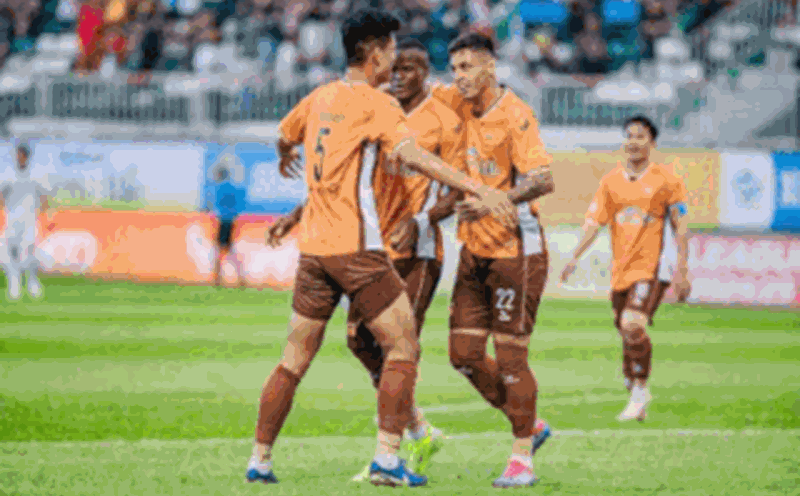Ukraine warned that the Russian military is changing tactics on the front line, switching to using small-scale anti-ship groups to penetrate the front line and sabotage deep into the territory. This development is expected to make the conflict more tense, in the context of both sides suffering heavy losses.
Ukrainian Commander-in-Chief Oleksandr Syrskyi said that since the beginning of the summer, Russia has begun to apply new approaches, deploying groups of 4-6 soldiers, with the mission of moving deep into the Ukrainian front line, then withdrawing, regrouping and continuing to conduct raids.
In our observations, their main goal is to penetrate as deeply as possible, then destroy the front line, paralyze our logistics system and rotation of troops, the AFP quoted Syrskyi as saying at a press conference on September 26.
Despite its small scale, this tactic allows Russia to maintain pressure without deploying large forces, but it also means that they do not gain full control of the territory on the spot.
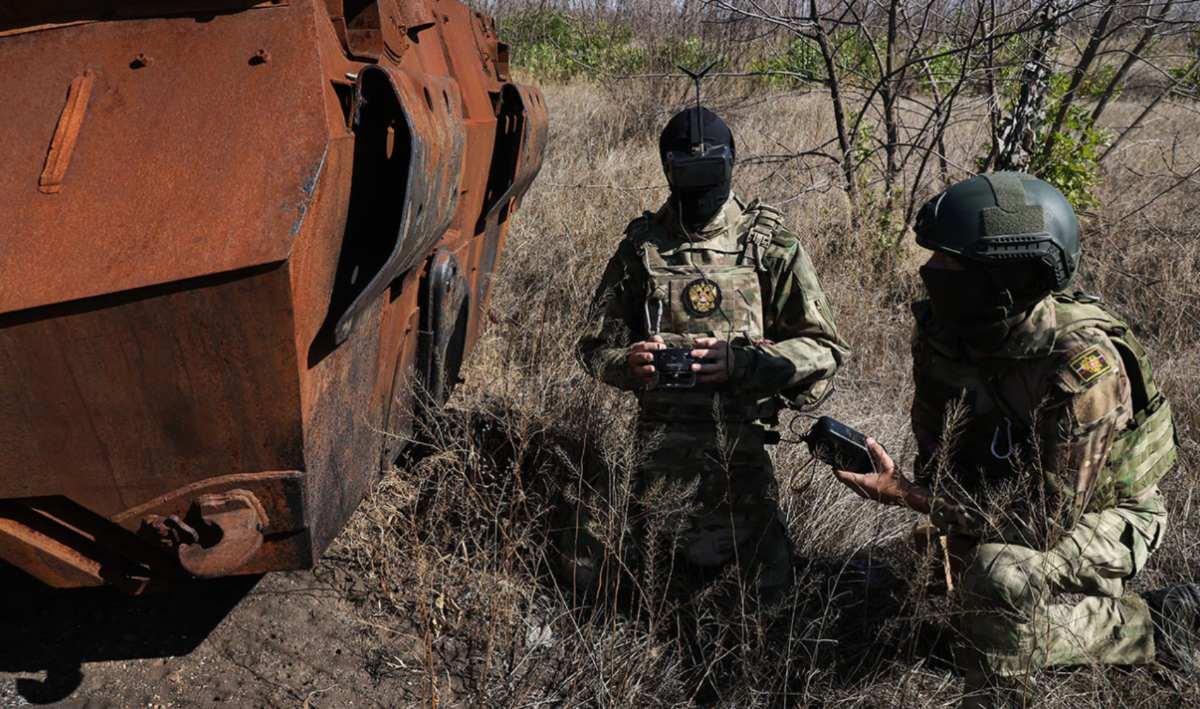
AFP cited data from the Institute for the Study of War (ISW) and the serious threats Project (CTP) showing that Russia currently controls about a fifth of Ukraine's territory, but has only expanded by 1% over the past year. This slow pace contrasts with the intensity on the ground, where both sides have suffered heavy casualties.
In August, the Russian army successfully broke into the area near the coal mining town of Dobropillia in the East, before being pushed back by Ukrainian forces. The Russian Defense Ministry also announced on September 26 that it would take control of Yunakivka village in the Sumy region, northeastern Ukraine.
Mr. Syrskyi admitted that the situation along the 1,250km long route is still infinitely difficult, as Russia is accelerating at some key points.
Not only on land defense, Ukraine also has to deal with increasing airstrikes. According to General Syrskyi, the Ukrainian army is forced to adjust air defense tactics, including increasing the use of helicopters, light aircraft, and especially developing specialized drones to intercept Russian UAVs.
International observers say Russia's shift to using a "short-fighting - penetration - withdrawal" strategy could signal a new period of spent combat, aiming to extend pressure rather than quickly gain victory. This means that both sides will continue to be caught up in an endless spiral of conflict.

